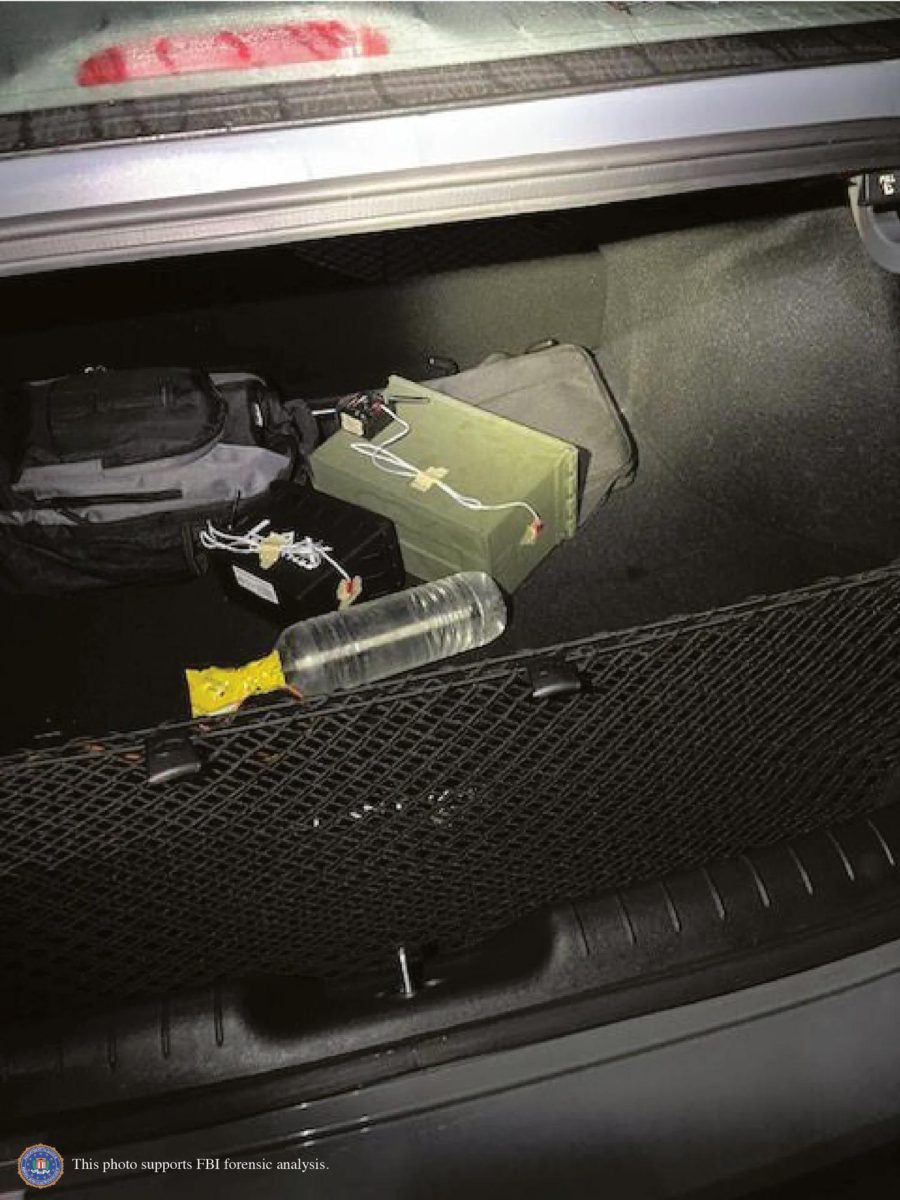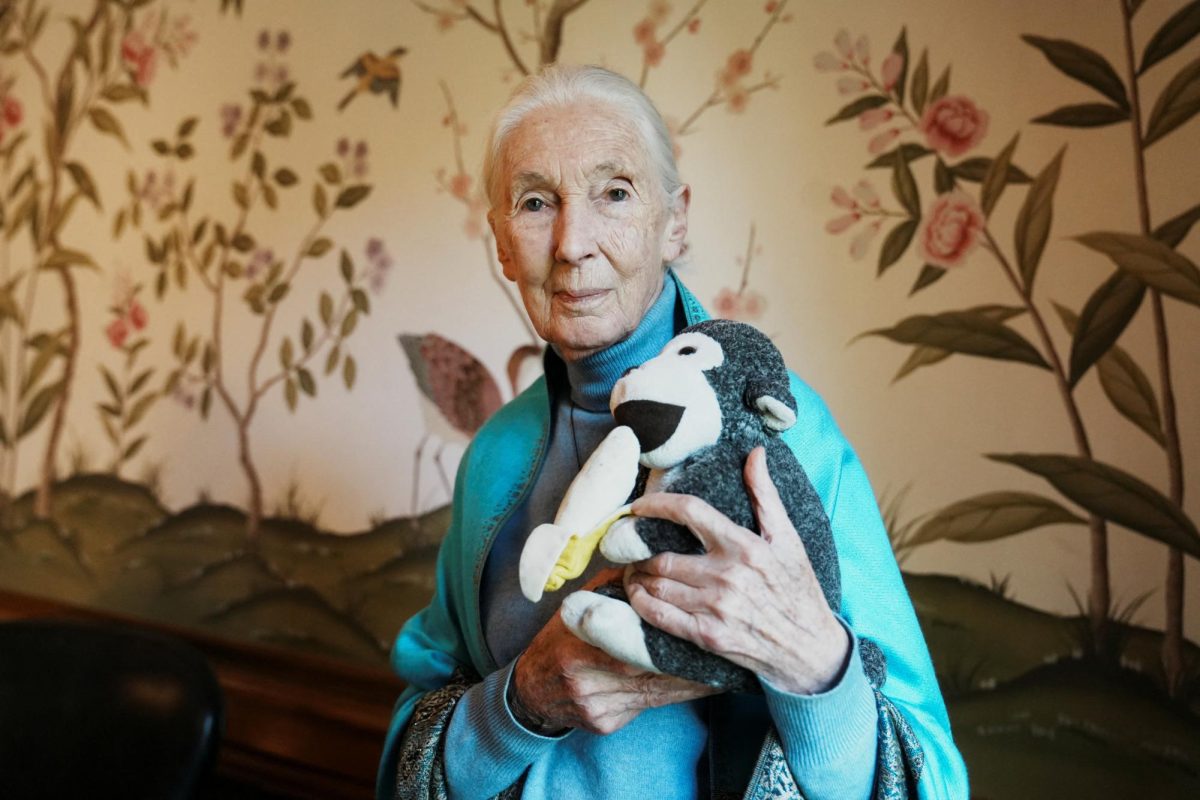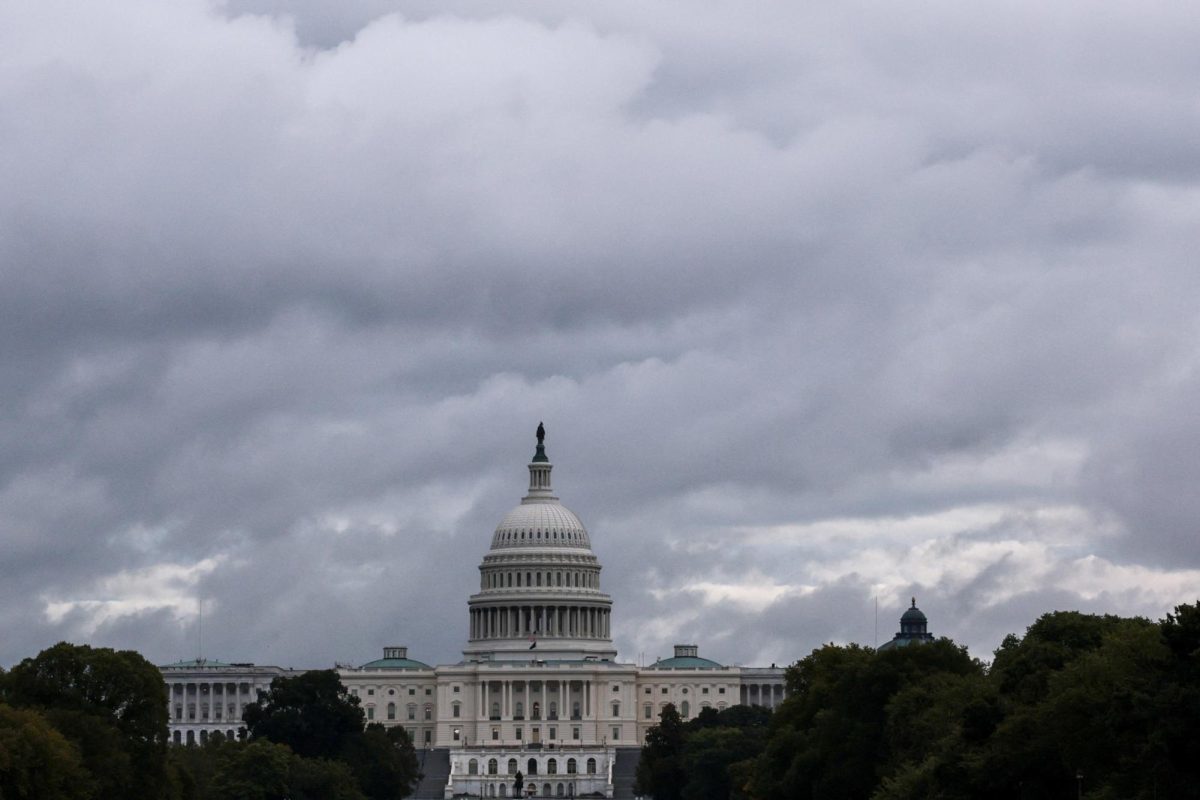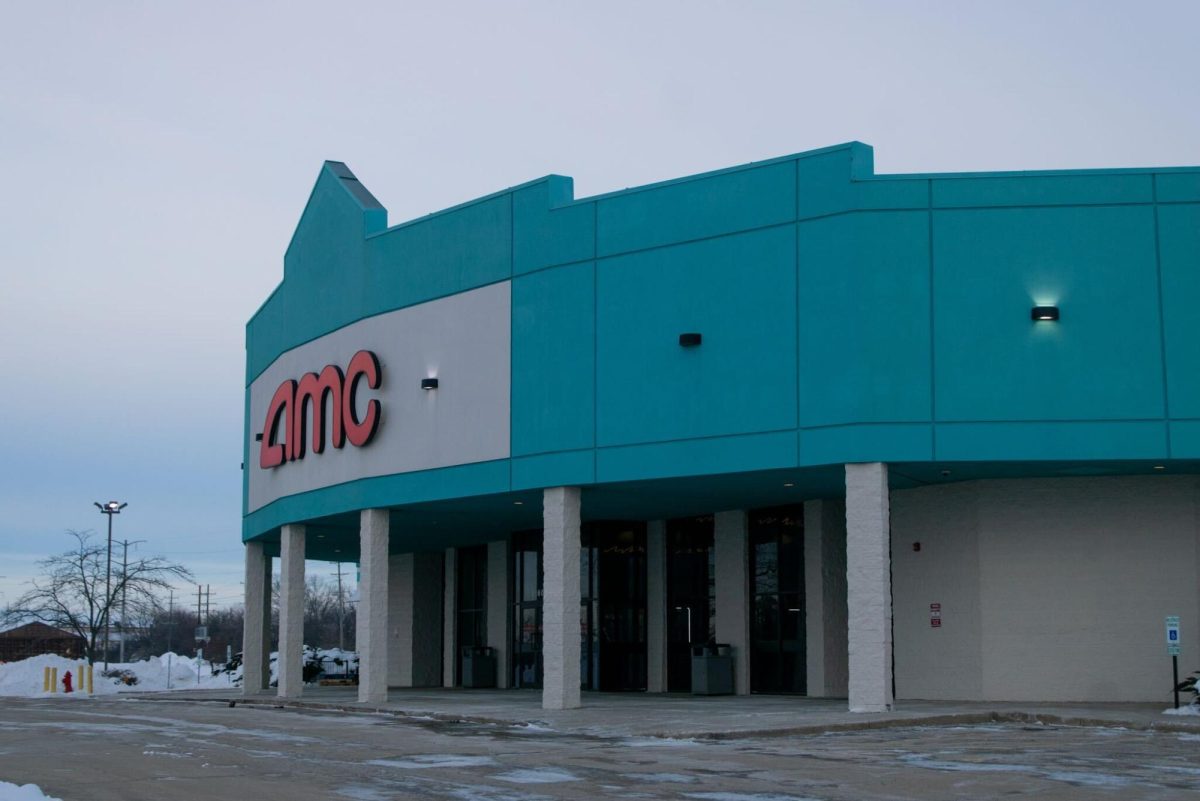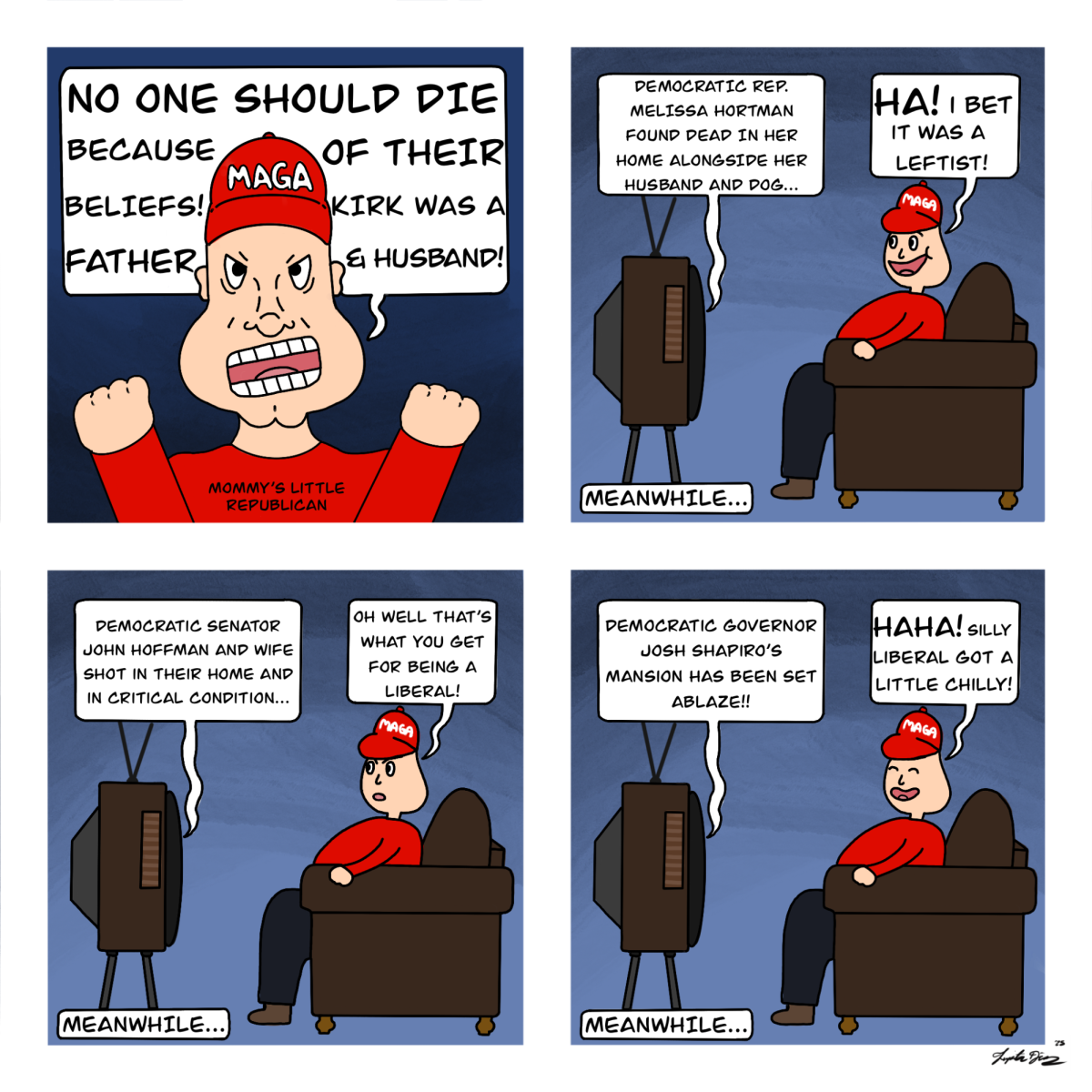Making light of a disaster is one thing, but the distinction between satire and going off the deep end is a line worth defining.
In the United States, the influence of political correctness has become so potent that when someone defies it, the outcome can be unexpected and hilarious. But treating political violence as a laughing matter is a punchline that packs a dangerous punch.
Americans are always trying to define the boundaries of what is politically correct. Still, if we continue to use humor to cope, we risk becoming desensitized to tragedies, eventually seeing them as normal.
This type of humor is called gallows, or dark humor, which involves a serious, taboo or distressing subject to be subjectively funny for some.
When faced with a significant event like 9/11, for example, some Americans might use humor as a coping mechanism to deal with the tragedy, especially if the event had little to no impact on their lives or is not recent.
Humor could emerge from these types of events with political correctness in the U.S. encouraging a coping mechanism to take form. A tragedy is considered a tragedy for a reason, and desensitization to such catastrophes can make these events seem normal, according to Psychology Today
Jokes originating from such a tragedy are disheartening and insincere, reflecting poorly on our nation’s efforts to move beyond political division. One of the most recent U.S. tragedies is the assassination attempt of former President Donald Trump.
Given the context of numbness to tragedy and the presidential election, current poll numbers display a separation from the usual reaction of the public following an assassination attempt, explained Eric Hall, an associate professor and director of undergraduate studies in history at NIU.
“Typically when assassinations happen, it kind of resets the political environment to some extent. If that person survives the (assassination) attempt, they come out with sort of a more unified country. They come out with more of an opportunity to kind of get things done if they’re president,” Hall said. “What’s so unusual about the Trump case is that it really didn’t change anything. In terms of polling, it didn’t change, you know, it’s not as if the country unified in any kind of real way.”
Assassinations often reset the political landscape, creating a shock that can unify the nation and lead to positive change. For example, the attempt on Ronald Reagan’s life bolstered support for his policies and agenda, ultimately helping them prevail, according to Hall.
“Donald Trump’s political numbers are, sort of, not moving. People have decided since 2016 what they think about the (former) president,” Hall said. “In previous times an attempted assassination would have seen their poll number go way up.”
Political polarization and rhetoric have reached a point where disasters affecting our rivals are now seen as satirical. America is numb this election year, but political violence does not have to be funny. It is time to bring back the humanization of such tragedies for everyone and stand united against hate.
While experiencing pain is unavoidable, how we respond to it is within our control.


